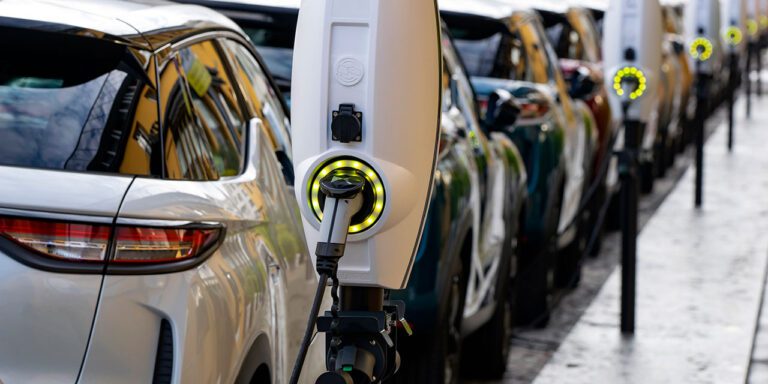🎧 Listen to This Article
GOP Senators Propose Major Overhaul of Electric Vehicle Tax Credits
Sweeping Changes Proposed for EV Tax Credits
The landscape of electric vehicle tax credits is set for a dramatic shift as Republican senators introduce new legislation aimed at eliminating existing federal incentives and imposing new costs on EV buyers. If passed, these proposals could significantly alter the economics of EV ownership in the United States.
Key Legislative Proposals
1. Elimination of the $7,500 EV Tax Credit
A new bill spearheaded by Senator John Barrasso (R-WY), titled the Eliminating Lavish Incentives to Electric (ELITE) Vehicles Act, seeks to completely remove the $7,500 federal tax credit for EV purchases. Additionally, the legislation proposes cutting off federal investment tax credits for EV charging station developers, potentially slowing infrastructure expansion.
2. Introduction of a New EV Purchase Tax
Beyond repealing current incentives, the bill introduces a $1,000 tax on every new EV purchase—a measure intended to address concerns about heavier electric vehicles’ impact on roads and infrastructure.
Industry Response & Market Implications
Automakers are already bracing for a future without federal EV incentives. As the debate intensifies, manufacturers must navigate potential tariffs on EVs and their components, which could further impact pricing and consumer demand.
The Biden Administration’s Position
While previous administrations expanded EV incentives, Trump-era policies and ongoing discussions suggest a potential rollback of federal EV support programs, including charging infrastructure initiatives.
Senator Barrasso argues that ending EV tax credits will prevent what he calls “Washington’s financial handouts to wealthy individuals and foreign manufacturers.” He added, “Wyoming families should not have to subsidize expensive electric vehicles they neither want nor can afford.”
The proposed Senate Bill 541, backed by Senate Majority Leader John Thune and 13 other Republican senators, has gained traction among conservative policy groups, including the American Fuel & Petrochemical Manufacturers and Americans for Prosperity.
Tesla CEO Elon Musk has even weighed in on the discussion, suggesting that eliminating subsidies would ultimately benefit his company by leveling the playing field.
The Fair SHARE Act: A New Tax for EV Owners
In addition to the ELITE Vehicles Act, Senator Deb Fischer (R-NE) has introduced the Fair Sharing of Highways and Roads for Electric Vehicles (Fair SHARE) Act. This proposal seeks to impose a one-time federal tax on EVs to ensure that electric vehicle owners contribute to the Highway Trust Fund (HTF)—which is traditionally funded through gasoline taxes.
Fischer emphasized that EVs weigh significantly more than gasoline vehicles, leading to increased wear and tear on U.S. roadways. She noted, “EVs can weigh up to three times more than traditional gasoline vehicles, significantly contributing to road deterioration.”
The Fair SHARE Act has received strong backing from infrastructure and transportation groups, including the American Society of Civil Engineers and the American Trucking Association, reinforcing its broad support among policymakers focused on road maintenance funding.
What’s Next for EV Incentives?
These legislative efforts mark a decisive shift in federal EV policy, signaling potential cost increases for future EV buyers. With additional tariffs on EV imports under consideration, stakeholders in the automotive and energy industries are closely monitoring these developments.
As the debate unfolds, key questions remain:
🔹 Will the elimination of federal EV tax credits slow down adoption?
🔹 How will automakers adjust pricing models in response?
🔹 Could state-level incentives replace lost federal support?
Stay ahead of tax policy changes! If you’re considering an EV purchase, explore current tax incentives before they disappear. Visit IRS.gov for up-to-date information on electric vehicle tax benefits.
Read this article to know Will EV Tax Credits Survive? Automakers Push for a Slow Phaseout
For further details, clarification, contributions or any concerns regarding this article, please feel free to reach out to us at editorial@tax.news. We value your feedback and are committed to providing accurate and timely information. Please note that all inquiries will be handled in accordance with our privacy policy



